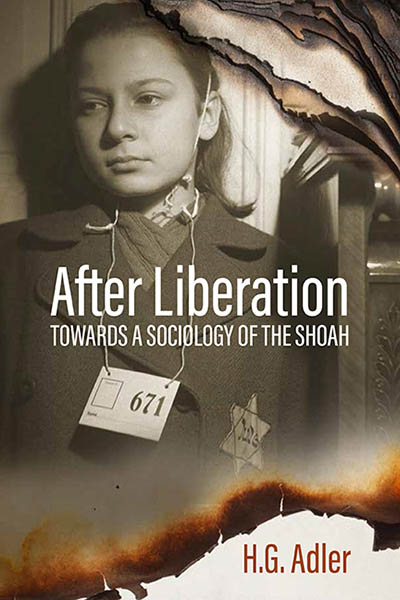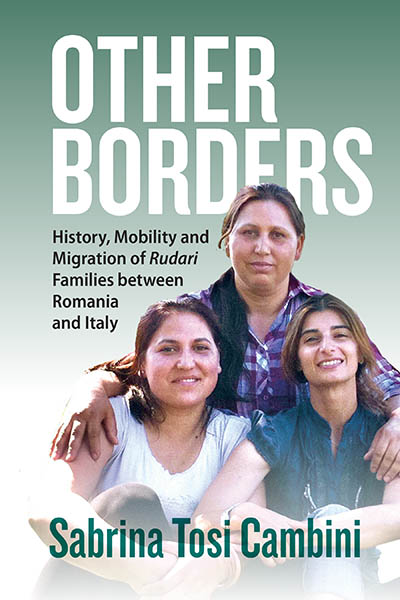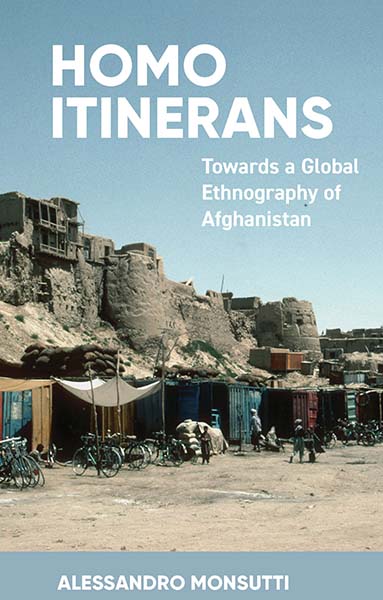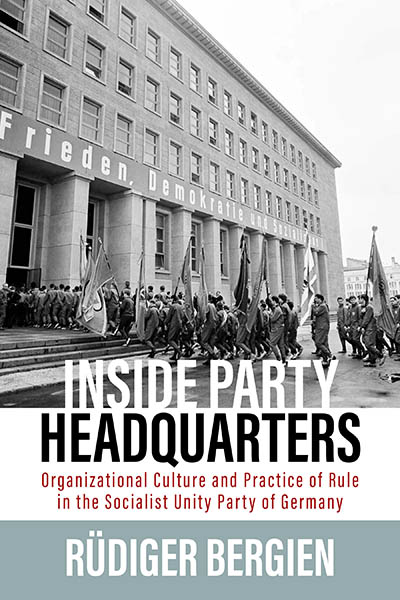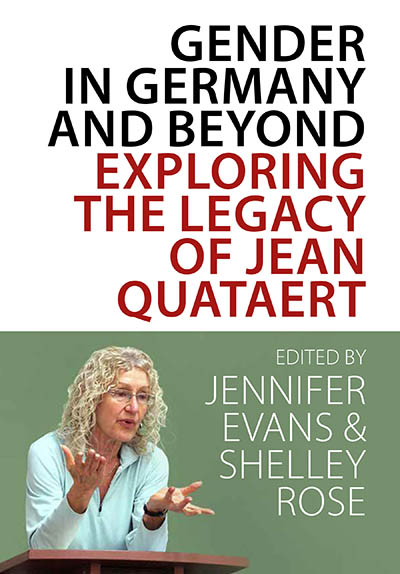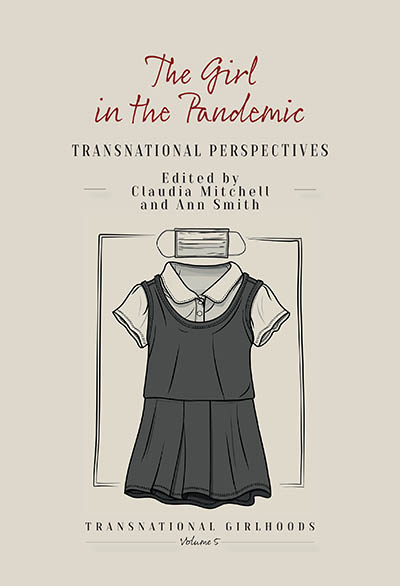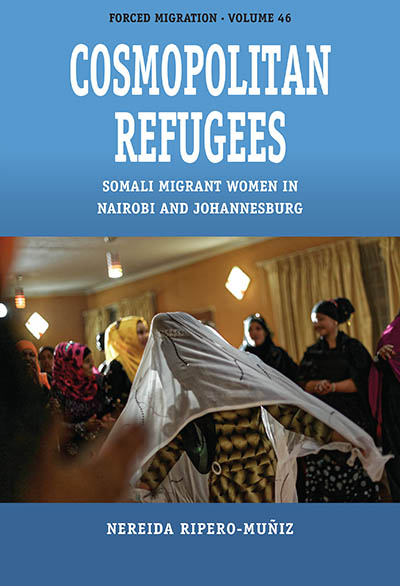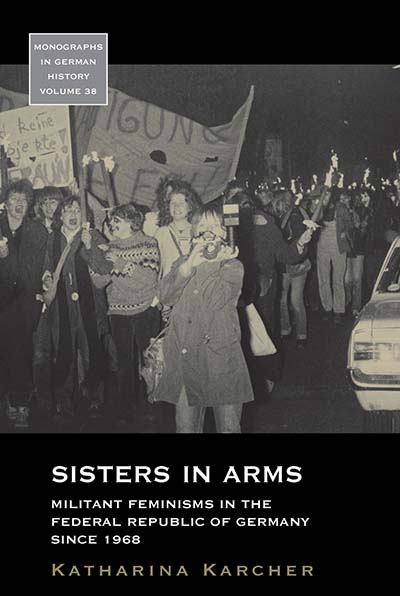Polish Cinema

For Andrzej Wajda’s birthday, we have put together some of our titles looking at the Polish film director, as well as some titles on Eastern European cinema, down below.
For more content, you can browse our website by Subject: Film and Television Studies here, or browse by Area: Central/Eastern Europe here.

Open Access
From Self-fulfilment to Survival of the Fittest
Work in European Cinema from the 1960s to the Present
Ewa Mazierska
Contrary to the assumption that Western and Eastern European economies and cinemas were very different from each other, they actually had much in common. After the Second World War both the East and the West adopted a mixed system, containing elements of both socialism and capitalism, and from the 1980s on the whole of Europe, albeit at an uneven speed, followed the neoliberal agenda. This book examines how the economic systems of the East and West impacted labor by focusing on the representation of work in European cinema. Using a Marxist perspective, it compares the situation of workers in Western and Eastern Europe as represented in both auteurist and popular films, including those of Andrzej Wajda.
Read freely available introduction, and more with open access.

A History
Marek Haltof
First published in 2002, Marek Haltof’s seminal volume was the first comprehensive English-language study of Polish cinema, providing a much-needed survey of one of Europe’s most distinguished—yet unjustly neglected—film cultures. Since then, seismic changes have reshaped Polish society, European politics, and the global film industry. This thoroughly revised and updated edition takes stock of these dramatic shifts to provide an essential account of Polish cinema from the nineteenth century to today, covering such renowned figures as Kieślowski, Skolimowski, and Wajda along with vastly expanded coverage of documentaries, animation, and television, all set against the backdrop of an ever-more transnational film culture.
Read freely available introduction.

Politics and Memory
Marek Haltof
During World War II Poland lost more than six million people, including about three million Polish Jews who perished in the ghettos and extermination camps built by Nazi Germany in occupied Polish territories. This book is the first to address the representation of the Holocaust in Polish film and does so through a detailed treatment of several films, which the author frames in relation to the political, ideological, and cultural contexts of the times in which they were created. Following the chronological development of Polish Holocaust films, the book begins with two early classics: Wanda Jakubowska’s The Last Stage (1948) and Aleksander Ford’s Border Street (1949), and next explores the Polish School period, represented by Andrzej Wajda’s A Generation (1955) and Andrzej Munk’s The Passenger (1963). Between 1965 and 1980 there was an “organized silence” regarding sensitive Polish-Jewish relations resulting in only a few relevant films until the return of democracy in 1989 when an increasing number were made, among them Krzysztof Kieślowski’s Decalogue 8 (1988), Andrzej Wajda’s Korczak (1990), Jan Jakub Kolski’s Keep Away from the Window (2000), and Roman Polański’s The Pianist (2002). An important contribution to film studies, this book has wider relevance in addressing the issue of Poland’s national memory.
Read freely available introduction.

History, Politics & Nostalgia In Polish Cinema
Janina Falkowska
“Falkowska’s comprehensive survey of Wajda’s artistic evolution is a worthwhile addition to the growing critical literature on this exceptional filmmaker. In practical terms, the monographs is also useable as a textbook and…can serve as a point of departure for the continuing discourse von Andrzej Wajda and his films.” · Slavic and East European Journal

The Political Films of Andrzej Wajda
Dialogism in Man of Marble, Man of Iron, and Danton
Janina Falkowska
Andrzej Wajda is considered one of Poland’s – many would say the world’s – greatest film directors. During the thirty-five years of his activity in film, theatre or television, his work, whether strong or weak, always arouses strong emotions and provokes intense debates in the media. His films deal with historical and political issues concerning Polish character and the nature of political power. Controversial, painful, stimulating and cinematically beautiful, they never fail to fully engage the spectator. This is particularly true for his major political films, which form the basis of the study. Applying Bakhtin’s concept of dialogism, the author shows how a creative interaction between the image on the screen and the viewer is established through Wajda‘s films. At the same time, she offers a detailed analysis of the historical events leading up to the collapse of the Socialist system in Poland.


























































































































